Microgravity Mutating Bacteria And It’s A Scary Problem
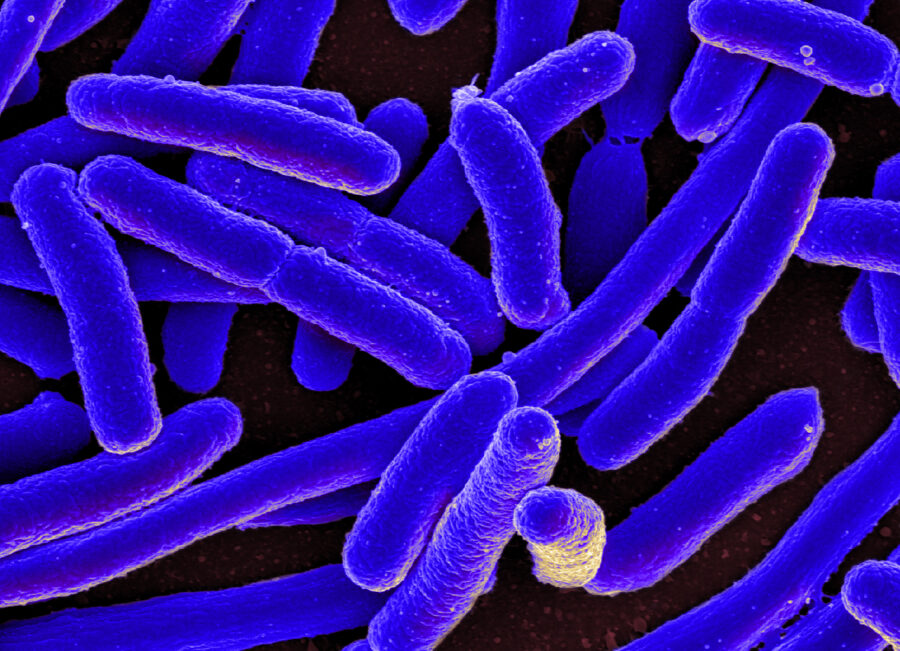
One of the primary missions of the International Space Stations was to observe the effects of microgravity, which can’t be replicated on Earth. This allowed scientists to conduct experiments in various fields, such as astronomy, physics, material science, and biology—in fact, according to ScienceAlert, the researchers have found that certain types of bacteria can mutate when exposed to microgravity.
Bacteria Mutate More Rapidly In Microgravity
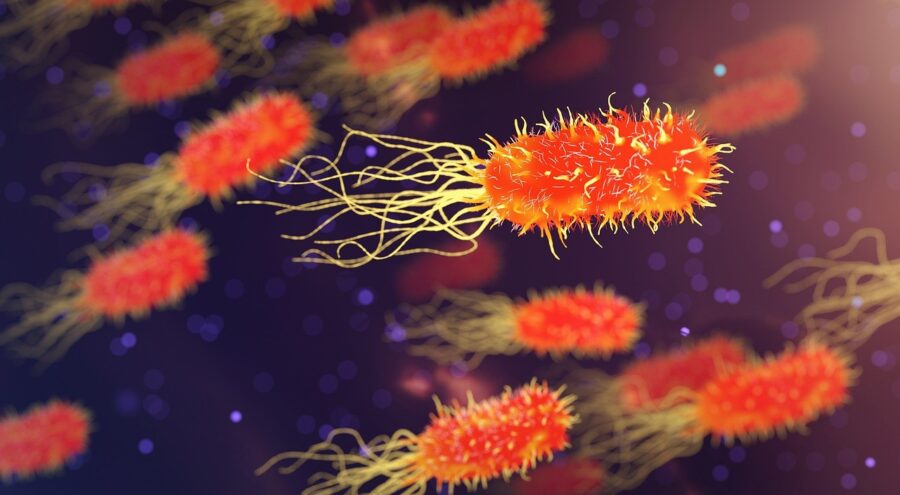
Though this doesn’t actually sound as alarming, considering that bacteria mutate all the time, the particular issue with microgravity is that it mutates the bacteria in a way in which they can reproduce more rapidly. In 2017, researchers from the University of Huston monitored Escherichia coli cells through 1,000 generations of growth in simulated microgravity conditions. They found that the bacteria underwent genetic mutations that allowed it to spread significantly faster than the control sample of unaltered bacteria.
The Effects On The Genome May Be Permanent
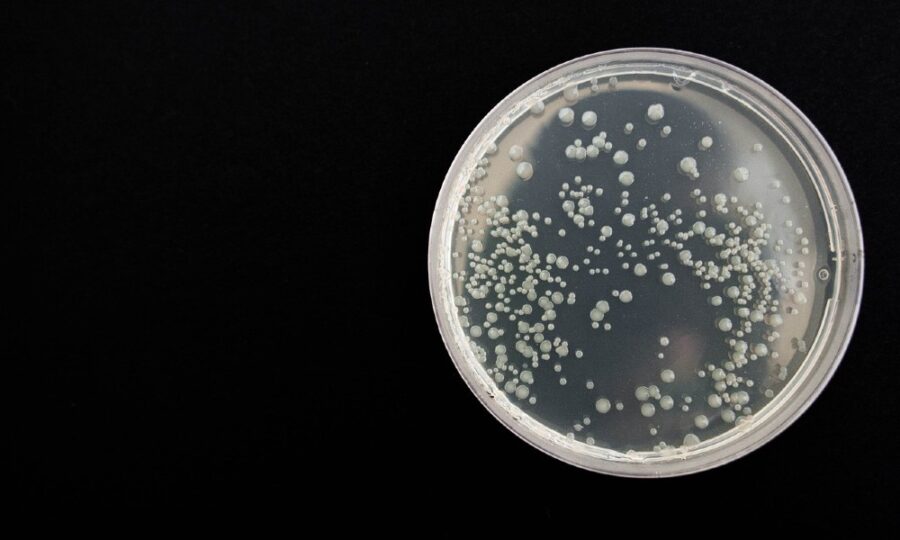
To make matters worse, the E. coli that was exposed to microgravity picked up at least 16 different genetic mutations, though it’s still not known which one of these affected the reproduction rates individually or combined. Even when the bacteria were removed from microgravity, they retained 72 percent of the growth rate mutation they had gained even after 30 generations.
This means that some changes to the bacteria’s genome could be permanent. Previous studies also confirmed that certain strains respond well to microgravity, growing 60 percent more quickly in such conditions.
Bacteria Is A Problem For Astronauts In Space
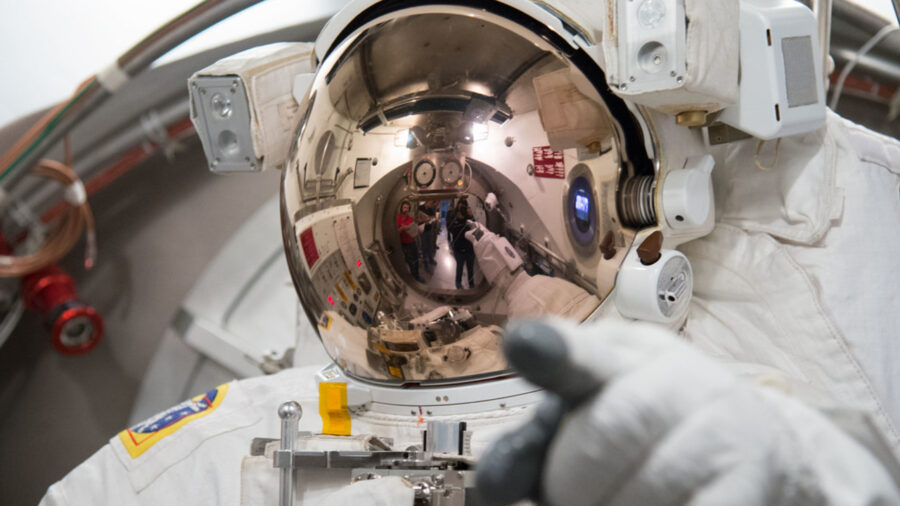
Interestingly, even the astronauts on the ISS have to deal with thick biofilms of bacteria on their equipment, which is developing faster than it normally would on Earth. We’ve seen similar scenarios take place in 1971’s The Andromeda Strain and 2017’s Life. Space horror movie jokes aside; this discovery is rather important for a species that explores space and has established orbital presence. For more context, despite our advanced knowledge of modern medicine and chemistry, we humans are teeming with bacteria.
The recent discoveries about microgravity play a crucial role in figuring out ways to protect astronauts out in space, as well as people on any future space journeys, such as a 9-month journey to Mars. For example, Helicobacter pylori is a rather common bacterium, with more than 50 percent of the world’s population carrying it inside their stomachs. For most people, the bacteria just live inside their stomachs and don’t cause any harm.
Where Microgravity And Bacteria Could Turn Dangerous
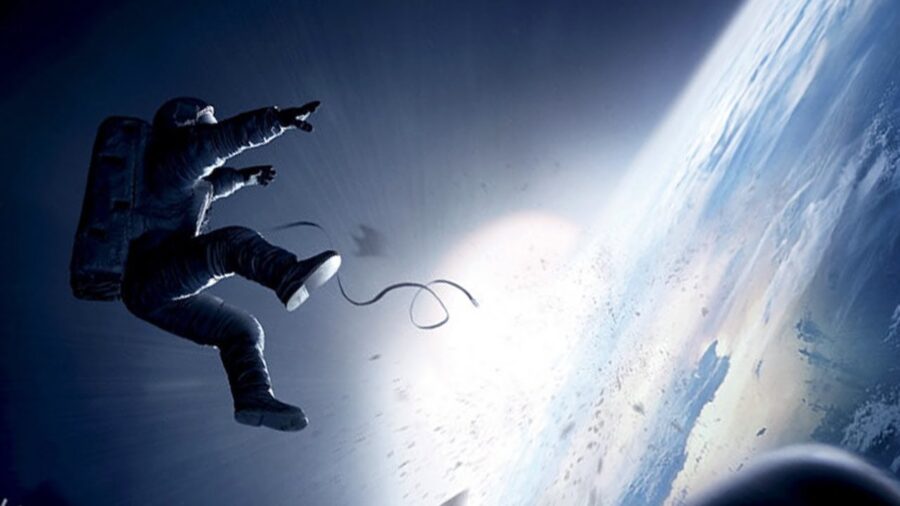
But suppose it’s exposed to microgravity while being carried inside an astronaut on a space flight to Mars in any of the future space missions. The effects of microgravity could enhance the bacterium’s ability to cause inflammation and damage to the stomach.
It’s a hypothetical scenario to illustrate the point, but that doesn’t diminish the possibility of something like that happening. Luckily, the observed E. coli sample we previously mentioned didn’t develop any resistance to antibiotics, and it was killed off as quickly as normal E. coli when treated.
So, we don’t really have to fear any supercharged bacteria invasion from space for the time being, but knowing the full extent of microgravity on biological matter is certainly one of the vital factors to consider on our collective journey of becoming a space-faring species.












